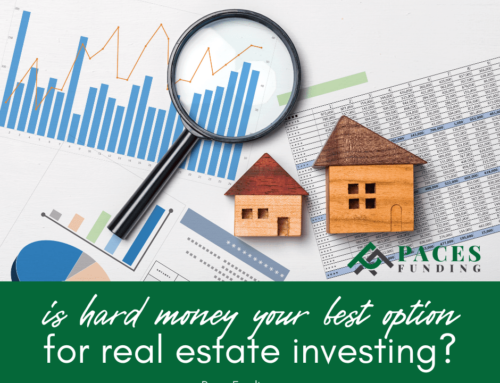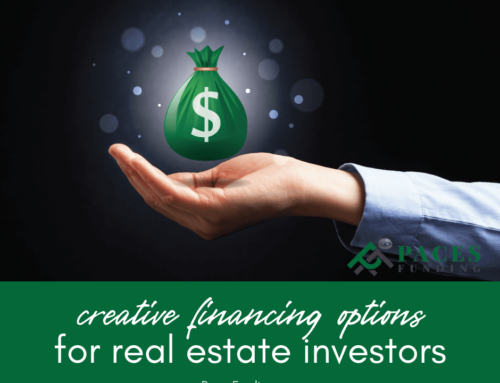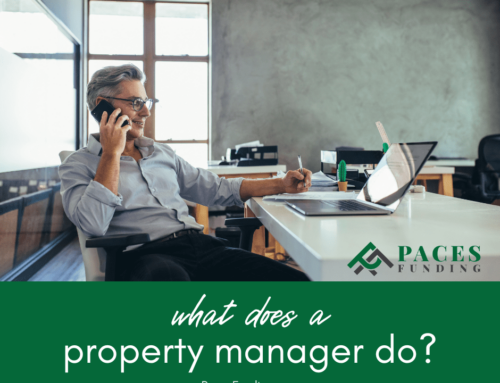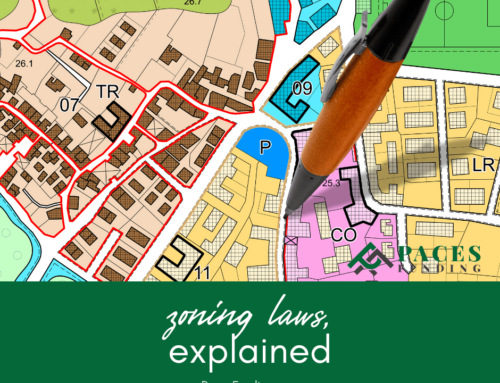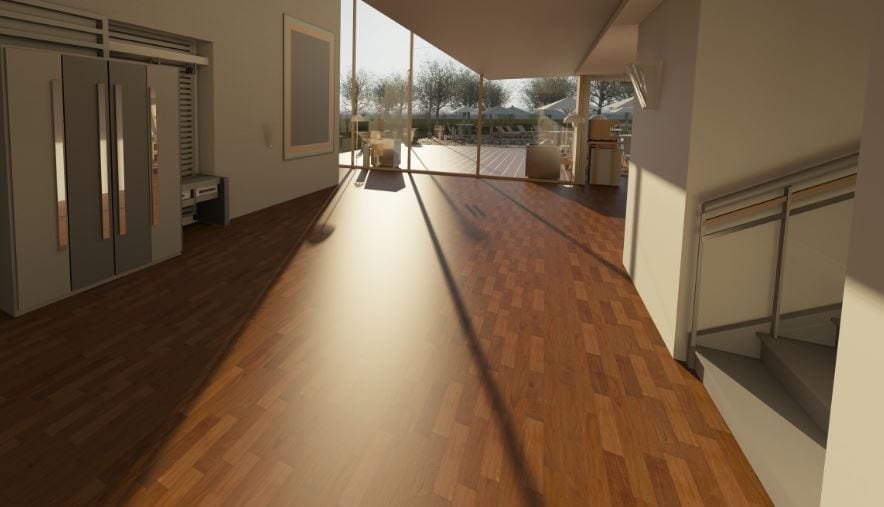
What Is An Accredited Investor?
Have you wondered what an accredited investor is? There are plenty of different types of real estate investors. Yet, someone who fits one of these conditions qualified as an accredited investor:
- An investor with an annual single income of $200,000 (If married, a combined income of $300,000)
- An investor with a net worth of at least $1M (excluding primary residence)
Plus, the investor would be expected to make at least the same amount annually. Don’t worry that you won’t be able to get rich investing if you’re not an accredited investor, the SEC lets companies and private funds skip the typical need to register certain investments and raise money through non-accredited investors.
You have to meet the income thresholds for three consecutive years.
Other Accredited Investors
Banks, corporations, nonprofits, trusts and partnerships can be accredited investors too. Here are the ways these entities can be accredited investors:
- Trusts with assets in excess of $5M, provided it wasn’t formed to purchase the securities
- An entity in which every equity owner is an accredited investor
To learn more about accredited investors and the SEC, click here.
Are You Looking for a Hard Money Loan to Flip a House Or Buy A Rental Property?
Paces Funding is a hard money lender offering hard money loans to purchase and renovate non-owner occupied residential and commercial properties throughout the Atlanta, Nashville, Florida, or the North and South Carolina metropolitan areas. Our application process for hard money loans is easy. Just fill out this very simple online form and you will be contacted shortly. Unlike other lenders, the window between applying and funding is very small. We have funded properties in as a little as one day, but typically funding hard money loans takes about seven to ten days.
Call us at 404-814-1644 or contact us online to find out whether you might qualify for this type of funding. In the meantime, check to ensure that you meet our loan criteria. Our loan amounts can be up to 65 percent of the after-repaired value of the collateral—and if you use the loan for renovation or construction, the loan amount can be based on the collateral’s improved value.


